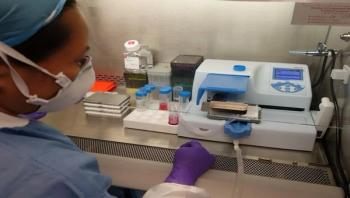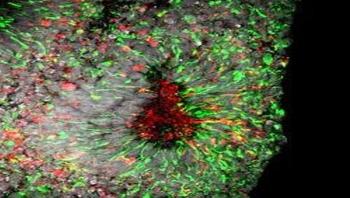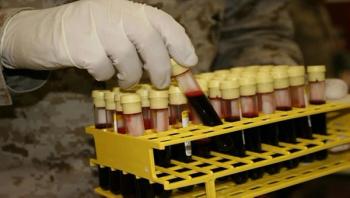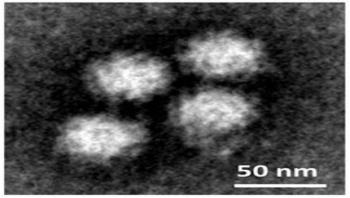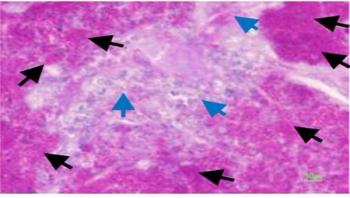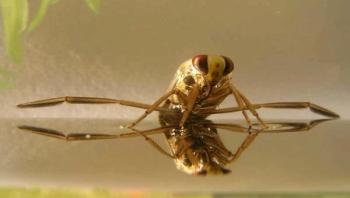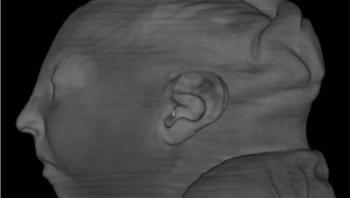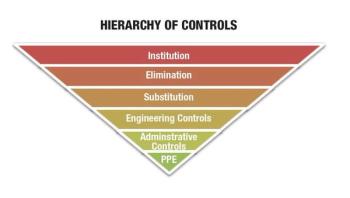
Tuberculosis (TB) is the leading cause of death worldwide among people infected with HIV. But as yet, no test can reliably show when latent TB infections in people with HIV starts progressing to active-and potentially fatal-TB disease. Now, a researcher at Albert Einstein College of Medicine has received a five-year, $3.7 million National Institutes of Health grant to identify biomarkers that signal an increase in activity by Mycobacterium tuberculosis (Mtb), the bacterium that causes TB, in people with HIV.

